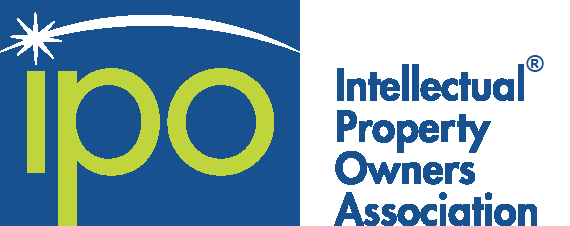The patenting process demands many capabilities, from informed legal analysis about the future direction of the law on patent eligibility and indefiniteness to clerical data entry about filed applications. The global legal outsourcing industry has grown dramatically in the last 10 years to over $2 billion annually, as corporations and law firms try to disaggregate those disparate tasks and have them handled cost-effectively by different parties.
Outsourcing in itself does not, however, simplify the patenting process and presents its own pitfalls. This webinar will examine the possible hazards that can trip up customers of patent services, and what due diligence and supervision is required to do outsourcing correctly. Regulator and ethical monitors have identified many areas that can raise red flags including:
• Offshoring technical data in disregard of USPTO guidance;
• Improper fee-splitting;
• Monitoring suppliers for conflicts of interest;
• Getting the informed consent of the ultimate client; and
• Aiding and abetting the unauthorized practice of law.
Our panel includes the head of patent operations at a major multinational who has supervised patent service providers for many years, an India-based executive of a patent services provider, and an attorney who specializes in ethical issues facing IP lawyers and who represents them in disciplinary matters.
Speakers:
- Mukundan Chakrapani, Clairvolex
- Michael Gnibus, General Electric
- Michael McCabe, IP Ethics Law

